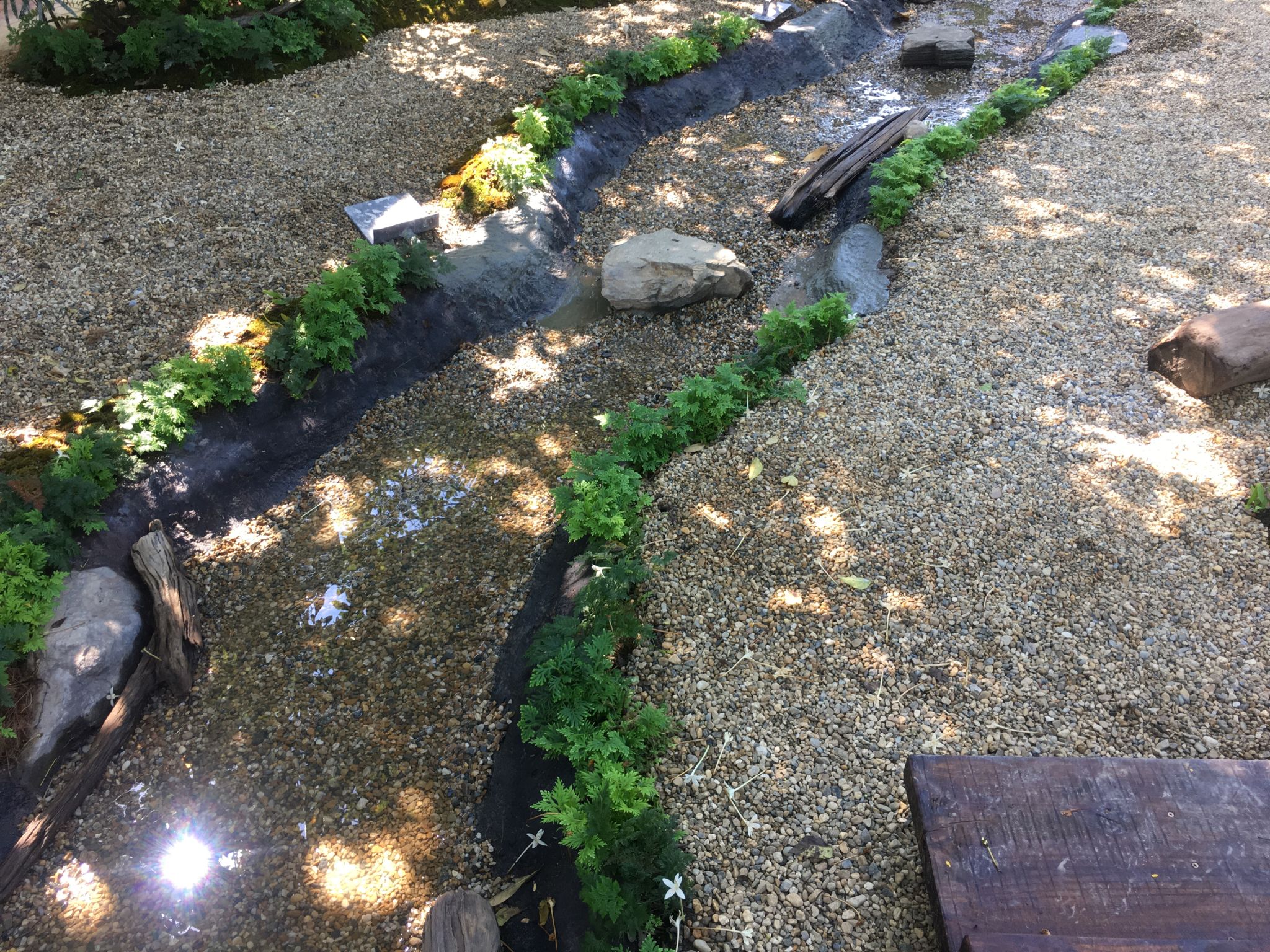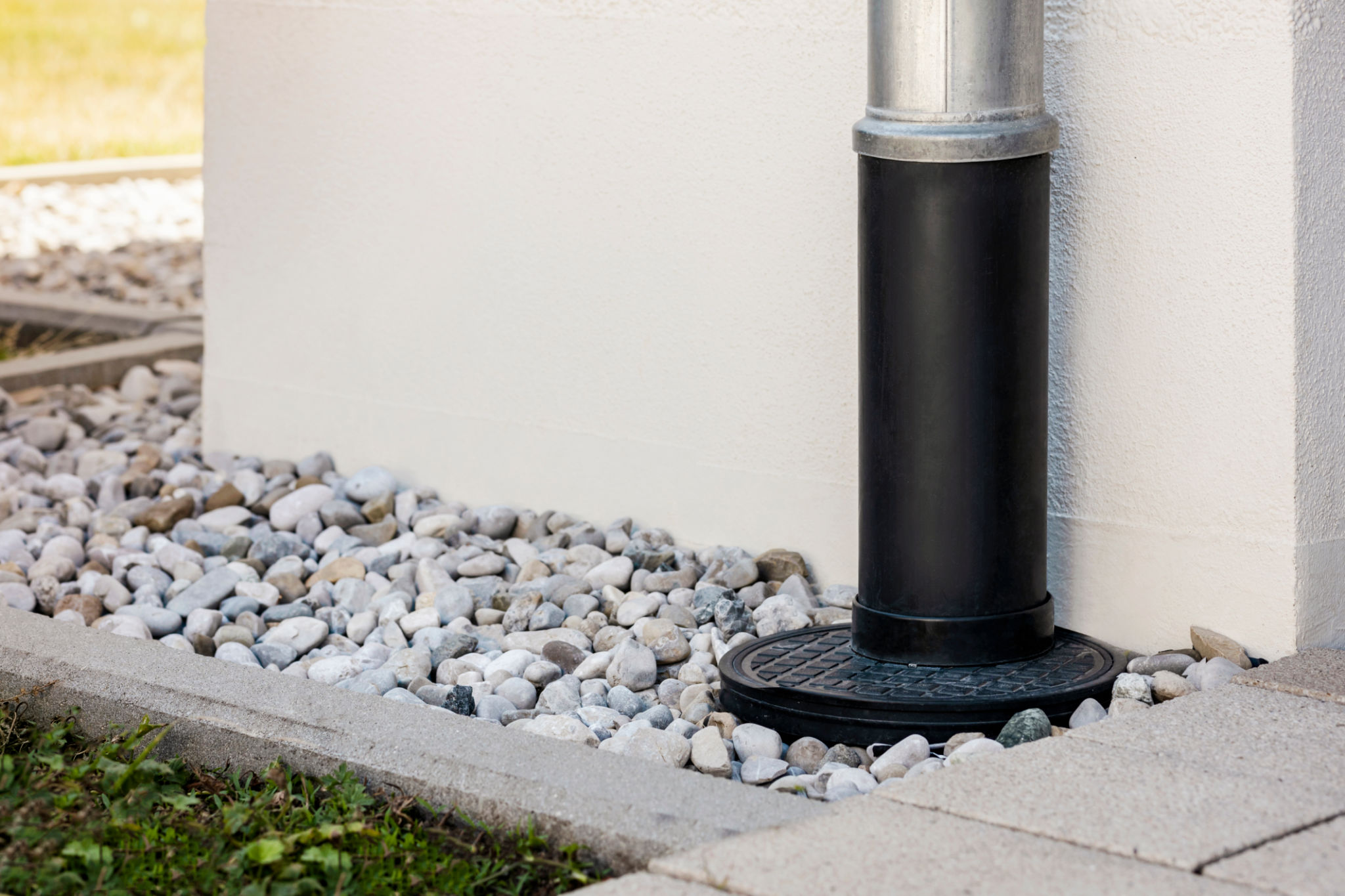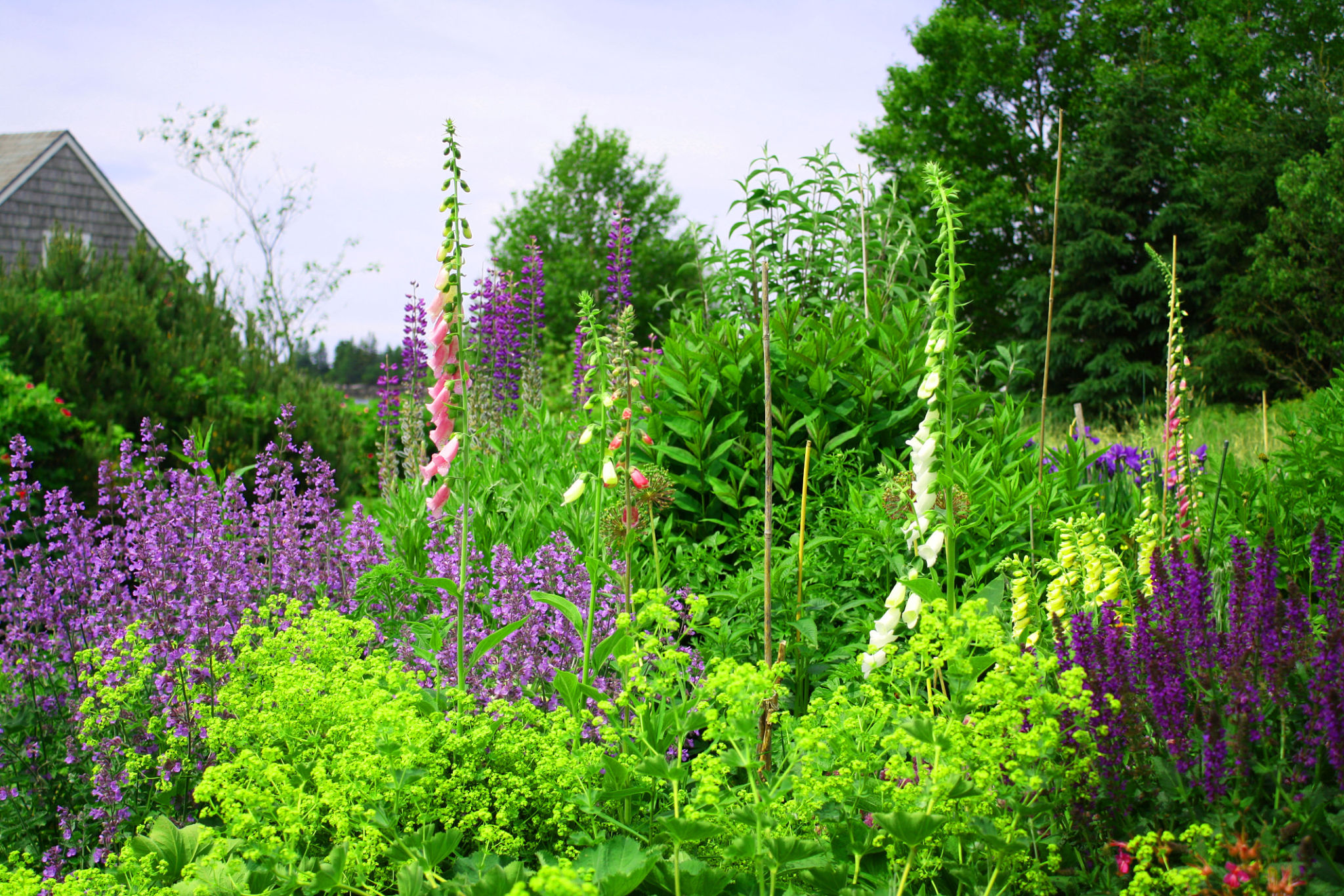How Bio-Swale Projects Enhance Environmental Impact in Walton County
Understanding Bio-Swale Projects
Bio-swales are innovative landscape elements designed to enhance the natural hydrology of an area. They are shallow, vegetated channels that manage stormwater runoff, filtering pollutants and facilitating water infiltration into the soil. In Walton County, these projects have gained traction as a sustainable solution to environmental challenges.
By incorporating native plants and strategic design, bio-swales not only improve water quality but also add aesthetic value to the community. They function as natural filtration systems, capturing sediments and absorbing heavy metals, thus preventing these pollutants from reaching water bodies.

Environmental Benefits of Bio-Swales
Improved Water Quality
One of the primary advantages of bio-swales is their ability to improve water quality. As stormwater flows through these vegetated channels, it undergoes a natural filtration process. This reduces the levels of pollutants such as oil, grease, and heavy metals before the water reaches local streams and rivers.
Erosion Control
Bio-swales also play a critical role in controlling erosion. By slowing down stormwater runoff, they prevent soil erosion and reduce the risk of flooding. This is particularly beneficial in areas prone to heavy rains, where traditional drainage systems might fail to handle large volumes of water.

Community and Economic Impact
Aesthetic and Recreational Value
Beyond their environmental benefits, bio-swales enhance the visual appeal of public spaces. They can be seamlessly integrated into parks, campuses, and residential areas, providing green spaces for recreation and leisure. This contributes to the overall quality of life for residents in Walton County.
Cost-Effective Solution
Implementing bio-swales is a cost-effective approach to stormwater management. They require less infrastructure compared to traditional systems and often involve lower maintenance costs. Communities can save on expenses related to water treatment and flood damage repairs.

Challenges and Considerations
While bio-swales offer numerous benefits, there are challenges that need addressing for successful implementation. Proper design and maintenance are crucial to ensure they function effectively. This includes selecting appropriate plant species and ensuring regular upkeep to prevent clogging and overgrowth.
Community engagement is also essential. Educating residents about the purpose and benefits of bio-swales can foster support and cooperation in maintaining these projects. By involving the community, Walton County can enhance the success and sustainability of bio-swale initiatives.
The Future of Bio-Swales in Walton County
The potential of bio-swale projects in Walton County is significant. As awareness grows regarding their environmental impact, more communities are likely to adopt this green infrastructure solution. By prioritizing sustainability, Walton County can serve as a model for other regions looking to improve their environmental footprint.
In conclusion, bio-swales represent a promising approach to enhancing environmental impact in Walton County. Through thoughtful design and community involvement, these projects can lead to healthier ecosystems and more resilient communities, paving the way for a sustainable future.